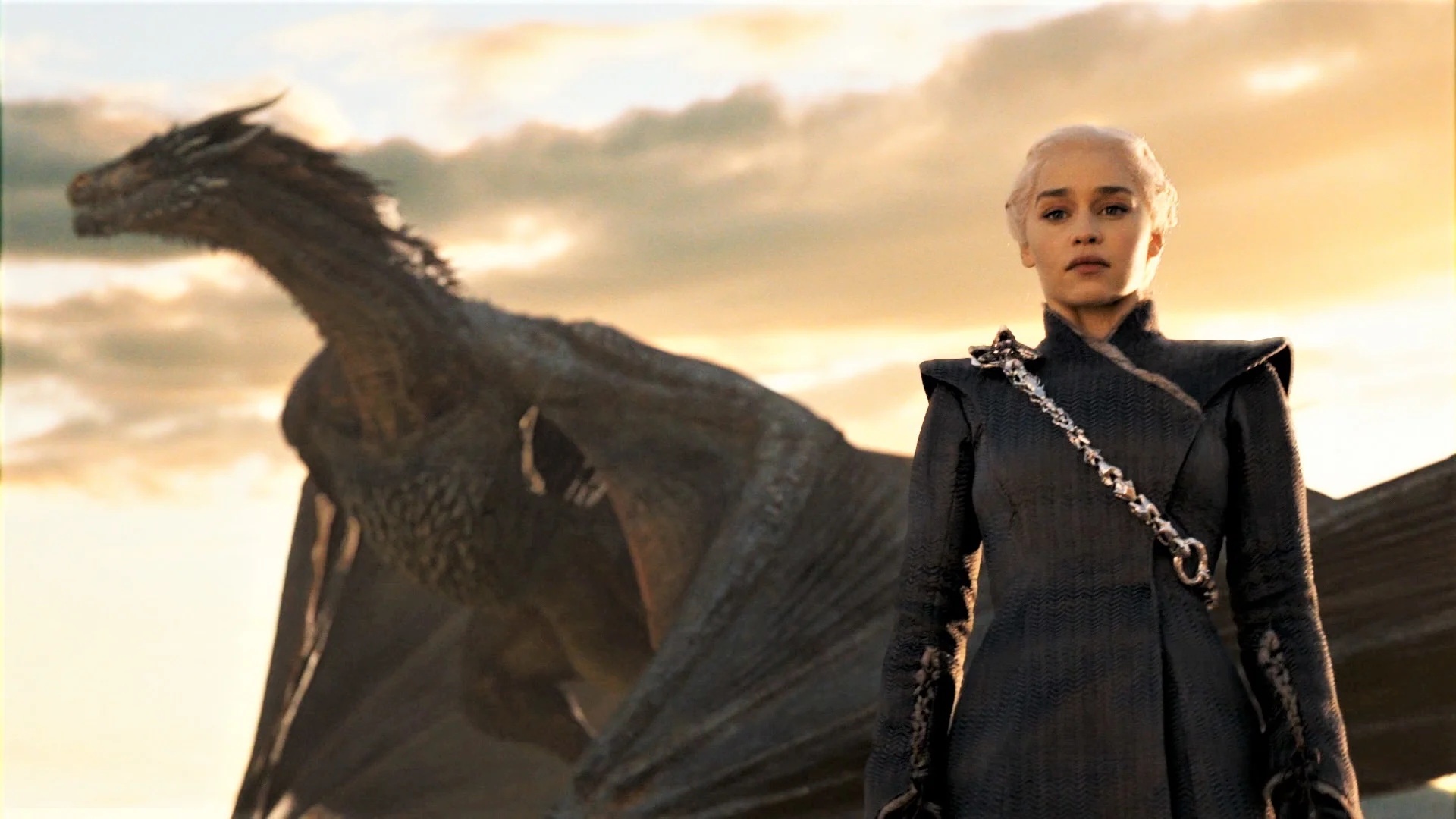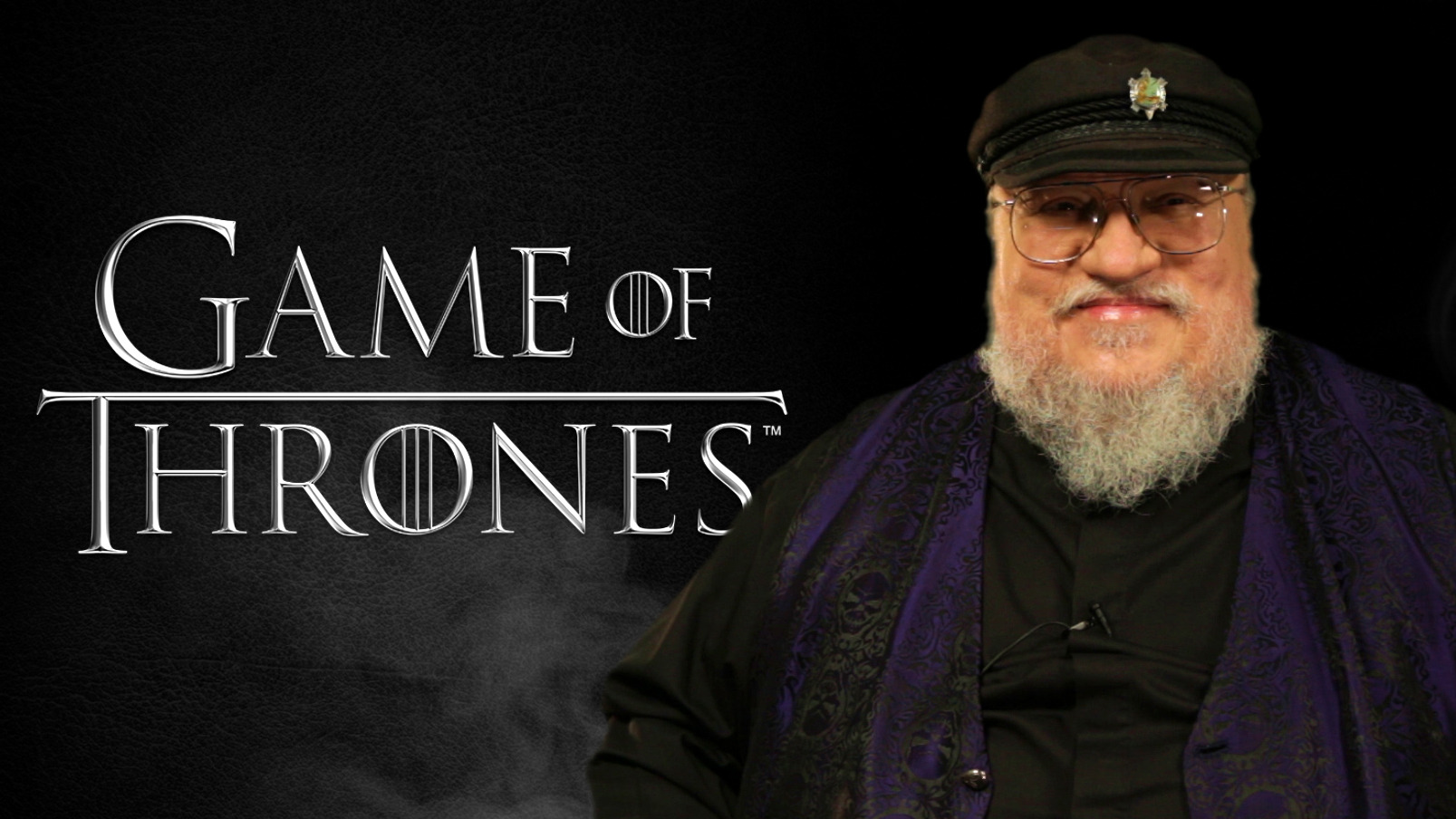In the landscape of modern entertainment, where book-to-screen adaptations are as common as new book releases, veteran writer George R. R. Martin stands out not just for his iconic A Song of Ice and Fire series, but also for his discerning taste in adaptations. Unlike many other adaptations that often disappoint, Martin has found a gem that shines through—Shōgun.

The Unique Allure of Shōgun
Based on James Clavell’s novel, Shōgun is set during the transformative years of Japan’s Azuchi–Momoyama period transitioning into the Edo period. This adaptation has not only captured Martin’s interest but also his admiration. While Martin is notorious for his slow pace in releasing The Winds of Winter, he never hesitates to update his followers about his latest interests, which recently included the impressive adaptation of Shōgun.
Once in a while, though, we do get a really good adaptation of a really good book, and when that happens, it deserves applause.

Martin’s Critical Eye on Adaptations
George R. R. Martin’s experience with his own books being adapted into the massively successful series Game of Thrones has given him a unique perspective on what makes or breaks a screen adaptation. He often quotes, ‘The book is the book, the film is the film,’ highlighting the inevitable changes that come with adaptation, which more often than not, dilute the essence of the original. However, Shōgun breaks this trend by staying true to the spirit of Clavell’s narrative.
This adaptation has not only pleased fans but has also received critical acclaim, boasting high ratings on platforms like IMDB and Rotten Tomatoes. Its success on Hulu underscores the series’ quality and fidelity, elements that Martin believes are crucial for a successful adaptation.

A Broader View on Fantasy and Reality
Martin’s appreciation for literature isn’t confined to his own genres. He has expressed his admiration for J.R.R. Tolkien’s The Lord of the Rings, although not without criticism. In discussions, including a notable 2014 Rolling Stone interview, Martin has pointed out the simplistic moral landscape of Tolkien’s Middle Earth, which contrasts sharply with the complex, morally ambiguous world he portrays in his own works.
Martin explains, pushing back against Tolkien’s idealized governance where the goodness of a king directly correlates with the prosperity of his land. Martin’s narratives reflect a more realistic, albeit cynical, view of leadership and its impact on society.

The Art of Adaptation
As Shōgun continues to captivate audiences, George R. R. Martin’s insights remind us of the delicate balance required in adapting literature into visual media. His nuanced take not only enriches the discussion around adaptations but also underscores the broader implications of storytelling in shaping our understanding of history and humanity.
For enthusiasts of literature and adaptations, Martin’s blog remains a crucial checkpoint, offering both updates on his long-awaited titles and his views on the evolving landscape of book-to-screen adaptations. As always, his critiques are not just reviews but lessons in the art of storytelling.

